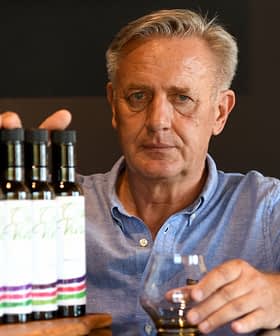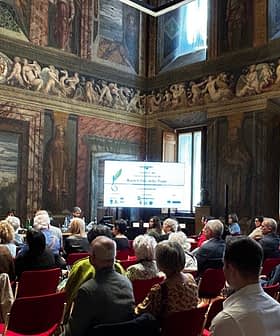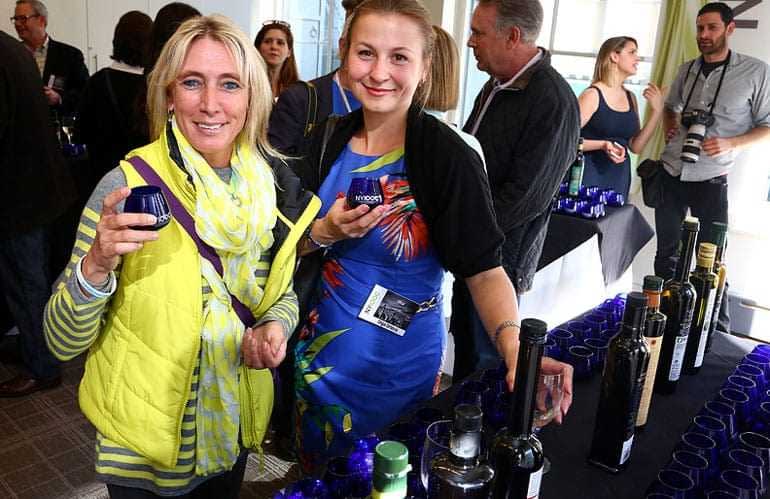
As the second annual New York International Olive Oil Competition came to a close at the International Culinary Center last week, an olive oil tasting was held to sample a selection of this year’s entries. The reception was a chance for producers, importers, and conference attendees to reflect on the week’s seminars, panels, and conferences.
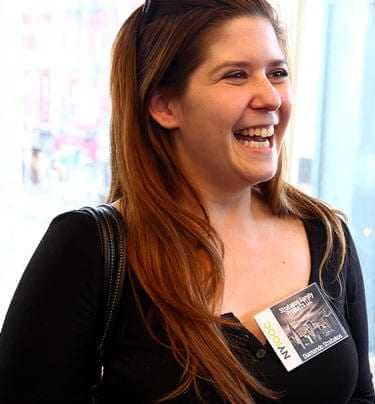
Diamando Stratakos, producer of an Athenolia-varietal oil that will be commercially available beginning this spring, began her business as a means to support the Greek economy and inform Americans on the high quality of Spartan products. After spending several years researching the industry, and months in the field with olive oil producers, Stratakos learned a great deal more from her interactions in New York. “The week has been a very uplifting experience,” she stated. “The competition is a place to learn that there are many different paths to the same goal: producing a higher quality oil and educating the public.”
Damien Duchamp, a second-time competitor, also spoke of the benefits of the competition at the tasting. His oil is not yet available in the Untied States, which makes it a “great find” for those who learn about it in New York. Discovering new oils is much of his motivation for participating in the competition. “Finding a new product and getting to taste it before anyone else; that itself is gold.” Duchamp’s Slovenian oil, Lisjak Gold Essense, won its second NYIOOC award with a silver medal this year.

The tasting was also an opportunity for producers and distributors to interact with the tasting panel because judges had been busy sampling hundreds of oils in previous days. Miciyo Yamada, the panel’s only Japanese tasting expert, reflected on her first judging at NYIOOC. “This is a unique competition,” she remarked. “It is by far the most international of those I have judged. All of the tasters are truly experts in their countries, and the judging is incredibly transparent.” Yamada became interested in olive oil 15 years ago, as a journalist writing for Japanese periodicals in Italy. “This is not only a very well-organized competition, but New York is a window to the world,” she commented. “Many Japanese magazines look to this competition and its results.”
Curtis Cord, the event organizer, announced the results immediately after the tasting. Amid the excitement, many producers called friends and family abroad to inform them of their medals and honors. More buzz took place as producers shared news of their awards with one another.
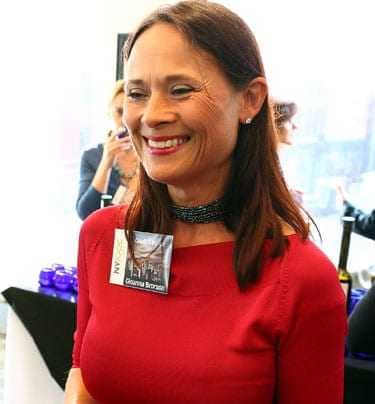
Gioanna Brorson produces Casale 3 Danesi, which won gold in its first entry to the competition. With an estate production of only 450 trees, Brorson oversees operation on an 18th-century Tuscan farm. “This is only our second year producing oil – the competition has been a great experience and a way for us to get our feet wet.”
Mahmut Cimet pondered his second year in the competition, after he was awarded two gold medals for his Ottoman Gourmet line from Turkey. “We are focused on the East Asian market, and are currently the biggest Turkish manufacturer in China.” Though his oil is not yet available in the US, Cimet noted that “the win will mean good press for us abroad; the Asian market has great trust in New York and this important competition.”


